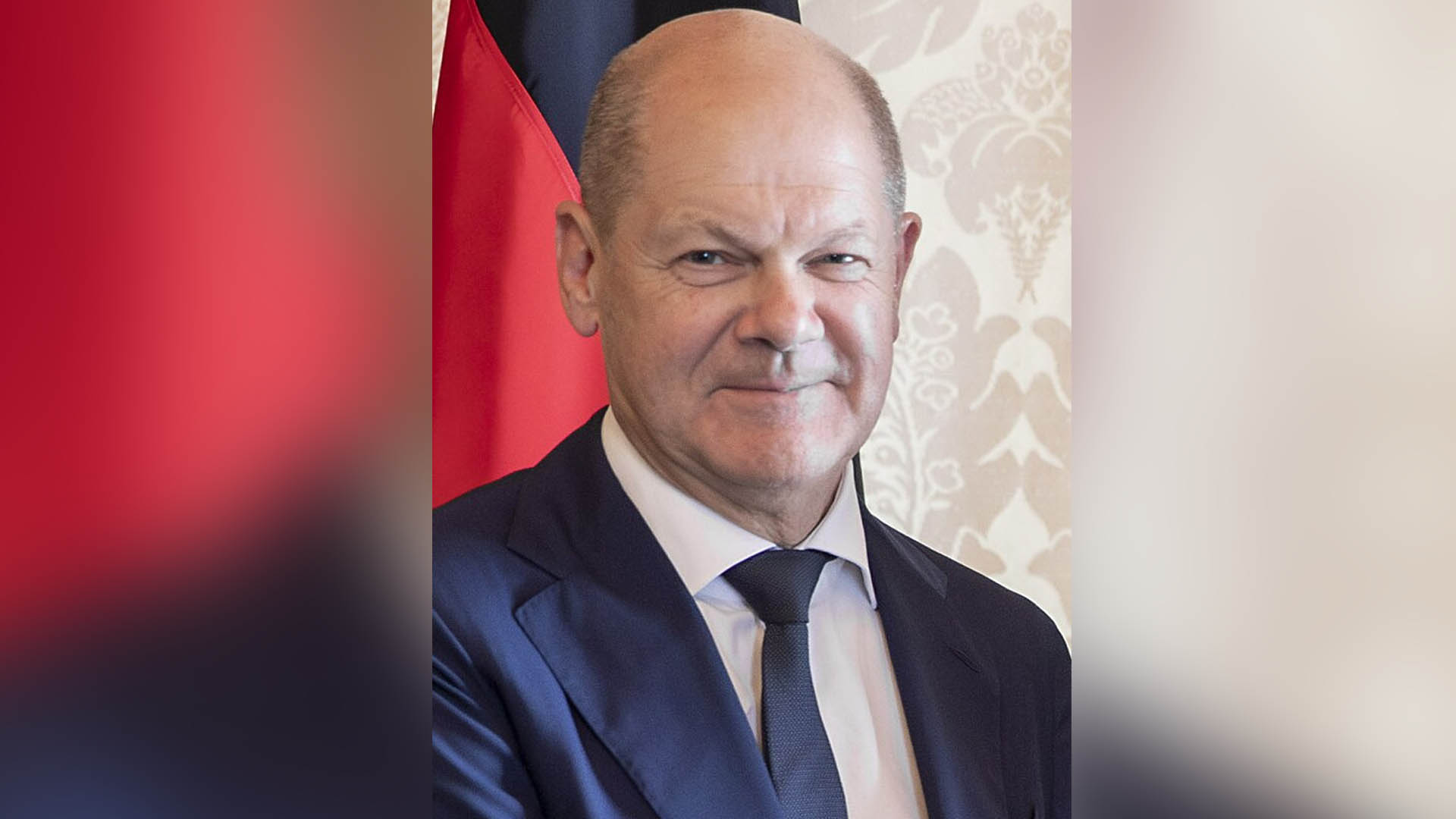Germany Reinforces Borders Amid Migration Surge
Germany has extended border controls for six months to combat irregular migration, announced Chancellor Olaf Scholz. The country reported a significant decrease in asylum applications, reflecting the effectiveness of its measures. Migration remains a crucial issue with the Alternative for Germany party gaining traction ahead of upcoming elections.

In a decisive move, Germany has extended its temporary border controls for another six months, Chancellor Olaf Scholz announced. This decision reflects the government's determination to tackle irregular migration and cross-border crime amid mounting pressure ahead of an election.
The reintroduction of border checks in September targets asylum seekers arriving from neighboring EU nations. These individuals are typically subject to the EU's Dublin rules, mandating that asylum applications be processed in the first EU country they reach. This measure is part of Germany's tougher stance following a surge of arrivals, particularly from conflict zones and impoverished regions in the Middle East.
Chancellor Scholz noted the success of these measures, citing data that showed 47,000 individuals were rejected at borders, asylum applications decreased by one-third compared to the previous year, and 1,900 human smugglers were apprehended. As migration remains a key voter concern, political parties, particularly the far-right AfD, which is polling second, are under pressure to demonstrate effective solutions before the February 23 election.
(With inputs from agencies.)










